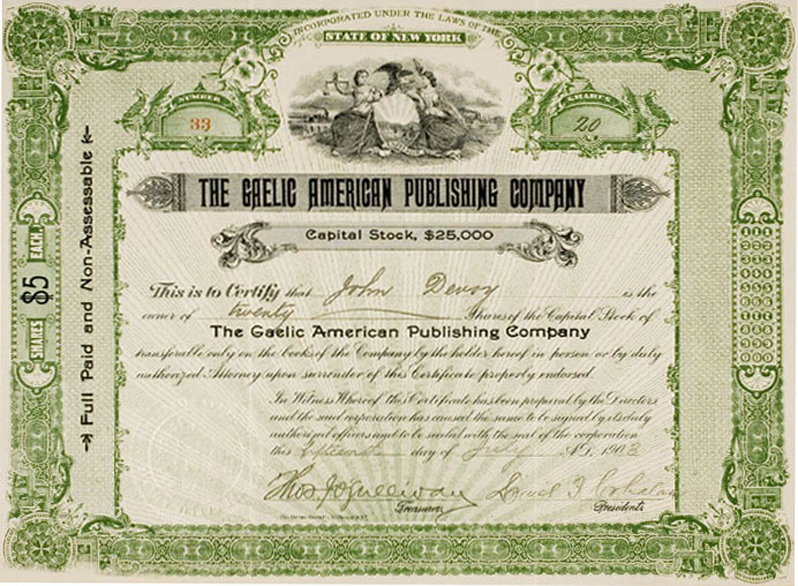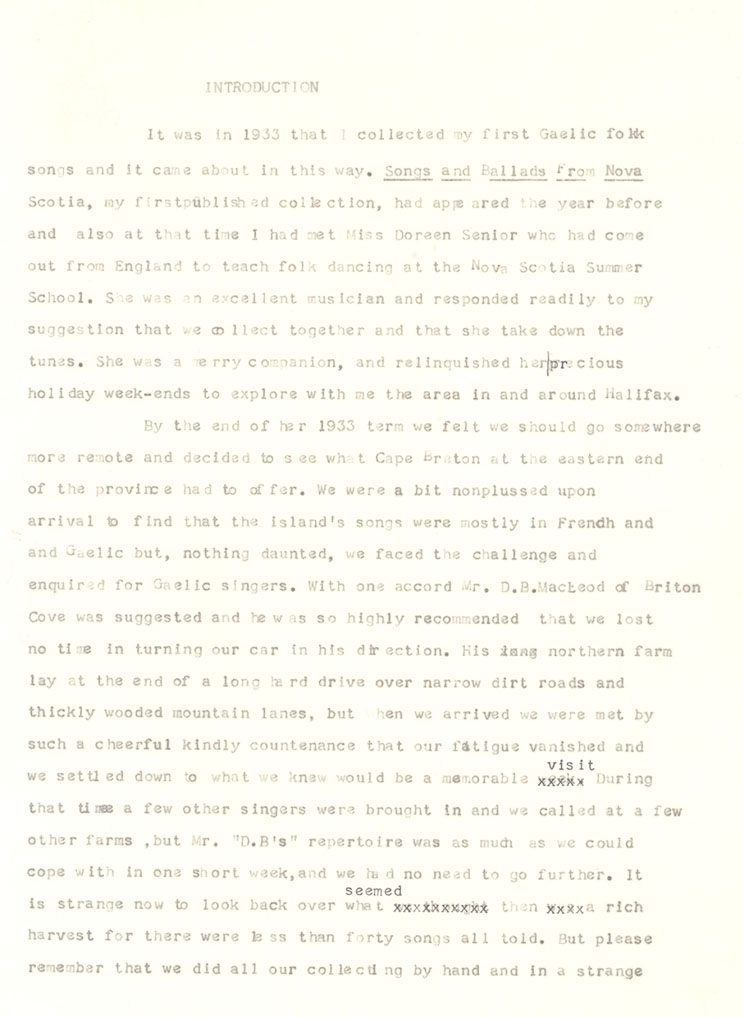


Even in the poorer classes, music was an important part of Irish everyday life, as evidenced by the accounts left to us by numerous witnesses, mostly from the eighteenth century onwards: A musical contextģ Ireland has had an exceptional musical reputation for centuries, and a refined instrument, the harp, has served as its national symbol since at least the thirteenth century. 3 This article proposes to examine representative items from this body of songs dating from the Great Irish Famine, in Irish and in English, in order to investigate their validity as faithful representations of History and understand why they are so elusive today, whether in public performances or in private circles. 233 in Christian Noack, L (.)Ģ Oral tradition and history are often perceived as not working well together, as memories tend to blur and succeeding generations tend to choose what they wish to remember, thus rewriting history. 3 See Maura Cronin, ‘Oral History, Oral Tradition and the Great Famine’, p.’Till the potatoes through the world died Since the Saviour took on him our human nature, One thousand years first and these eight hundred, Mar níor tháinig uireasa dhá mhéad ar a cháilíocht Go dtáinig Iénscrios ar fhataí an domhain.Ī mbeidh cuimhne is trácht air i gcaitheamh an tsaoil,

O’thuirling an Slanaitheoir i gcolainn daonna. keen, or lament) by Peatsaí Ó Callanáin, a small tenant farmer from County Galway, in 1846: It is generally considered that very few songs from the famine era have survived: it is indeed a testimony to the power and importance of traditional music and songs, and remarkably so in Ireland, that illiterate people on the threshold of exile or death could find the strength to express their misfortunes in such a poetic and elaborate form, as in this caoineadh (i.e. In th (.)ġ However biased a view the opening quote by Irish traditional singer and collector Frank Harte may represent, an analysis of folk songs 1 about the Great Irish Famine deserves careful study, as one will find in them views that are often told from palpable and vivid experience, and traces of Irish history often described as dry statistics, rather than the human tragedy it really was. 1 Although definitions may vary, the word ‘folk’ can be used as an equivalent to ‘traditional’.


 0 kommentar(er)
0 kommentar(er)
